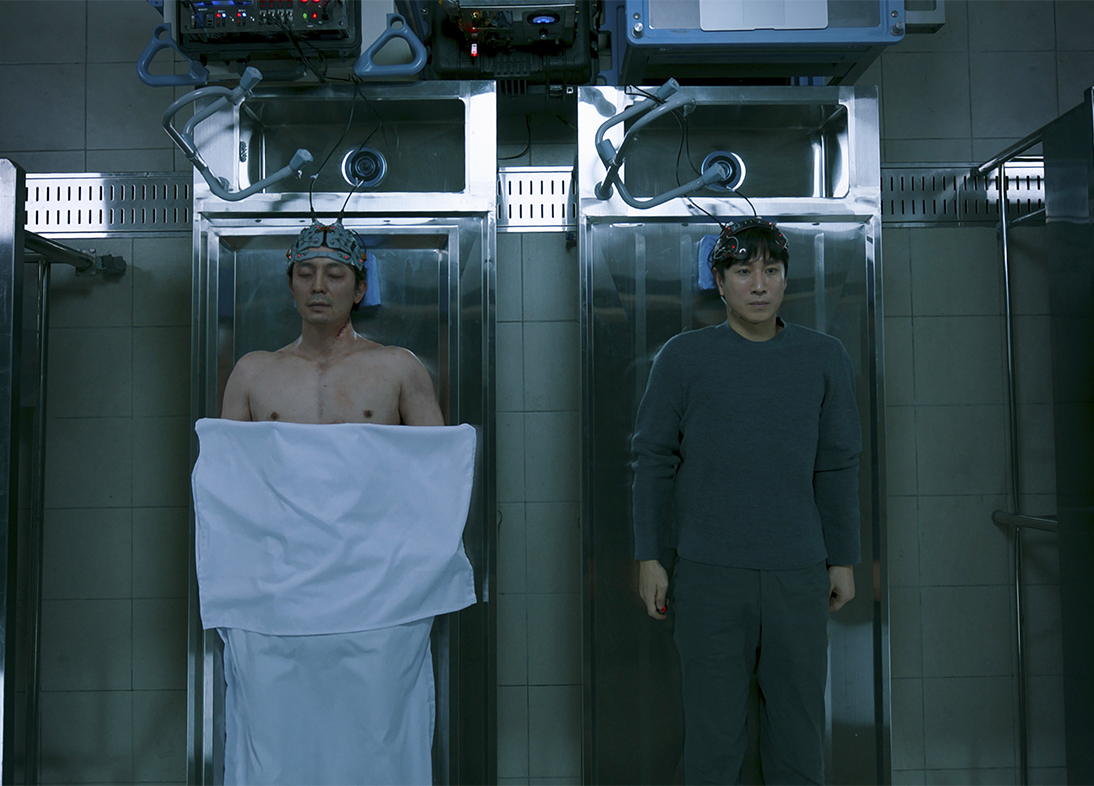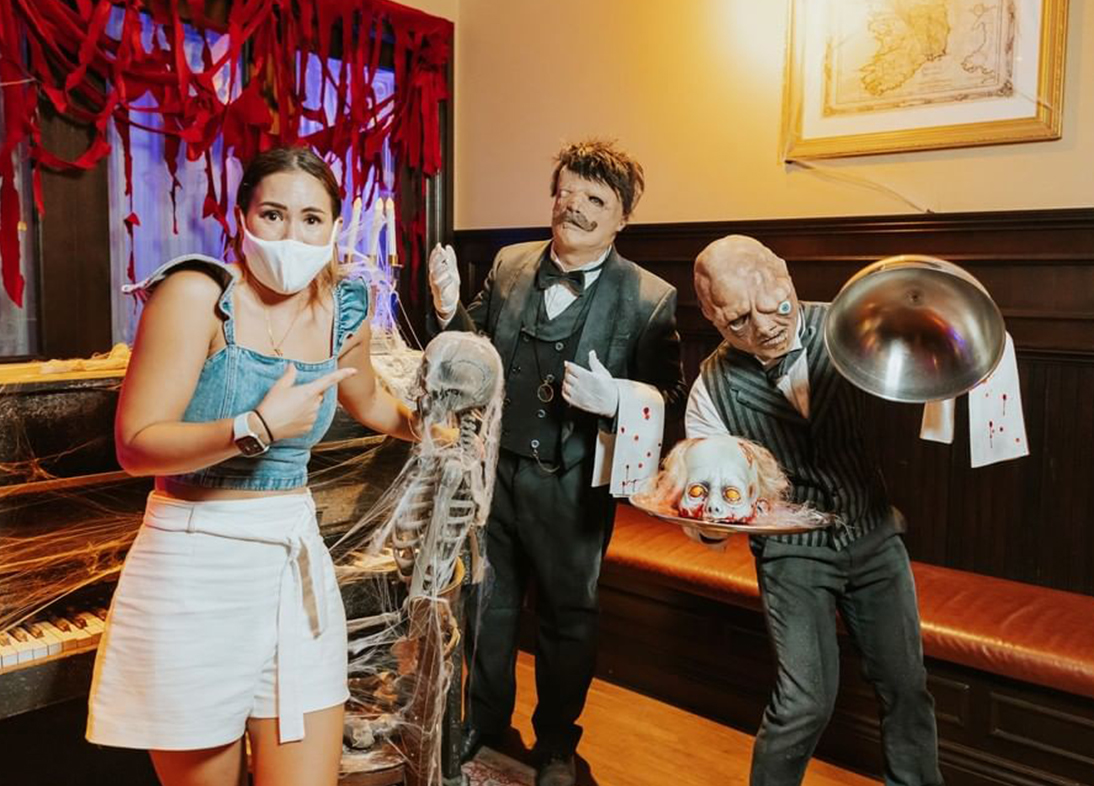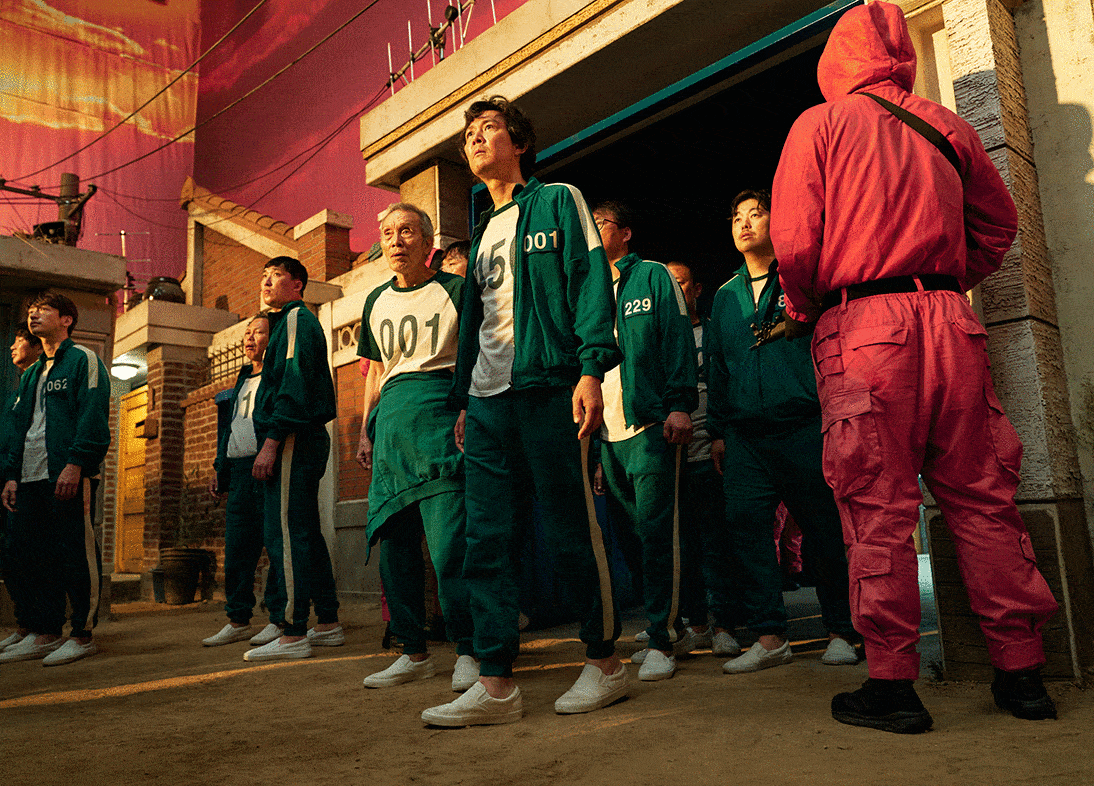Singapore Writers Festival’s director Pooja Nansi on what it takes to be a good manager: Leading Women #3
Take the lead
- 03.01.2020
- By Tracy Phillips
A teacher and poet, Pooja Nansi has been a force within Singapore’s literary scene for the last few years. She has championed poetry’s relevance through self-organised events, lessons and workshops in schools as an educator, and as National Art Council’s first Youth Poet Ambassador. Last year, Nansi helmed Singapore Writers Festival (SWF) as director and oversaw the programming of what has become one of the longest-running premier literary events in Asia.
Here, Nansi reflects on her management style and lets us in on Singapore Writers Festival 2020 in this third instalment of ‘Leading Women’.
Landing the Job
What makes a good manager?
In my opinion, a good manager is someone who understands the strengths and weaknesses of each member of her team. She works organically with them, instead of trying to force people into roles they aren’t comfortable with. She is able to hold the big picture in mind, but most importantly, she is also empathetic, has a sense of humour about things, and knows that working teams are made up of people and that we must understand and care for each other as much as we care for the work.
You conceived and led Other Tongues together with a small team prior to Singapore Writers Festival. In terms of being a manager, what were some of the key takeaways from that experience?
Other Tongues was co-conceptualised and run by a team of two, me and my friend Shridar Mani. We were both very aware of where our strengths lay and how they complimented the other person. Being honest about that allowed us to effectively divide and conquer. When the going got tough, we took a time out with a bottle of wine.
Getting Ahead
In your first few months as director of Singapore Writers Festival, how did you go about finding your footing?
Coming into something as large a scale as SWF was exciting, but it was also daunting. In my first few months, I was interested in learning about all the moving parts of the festival: from the marketing strategy to the operations and logistics processes to how programming meetings had been conducted. I was curious about the smallest of jobs (“who prints the volunteer T-shirts”) to the big questions (“what does a successful festival mean”). I asked the team what worked for them in previous editions and what didn’t. I allowed myself the time to observe and absorb. I wanted to learn the land, so we weren’t spending energy fixing what wasn’t broken and I could decide meaningfully on any shifts and changes.
What did success in your role look like at first, and did that change?
This is an interesting question, because success is an odd nebulous thing. Success is very personal. The festival could outsell every other edition and have a massive audience count, but if I didn’t feel like the programming offered something honest and meaningful, it wouldn’t feel like success to me.
I’ve also learnt that with something so big, it helps to pay attention to the specific intangible moments that happen at the festival. For example, success to me in this last edition was sitting on the festival lawn and noticing people on the beanbags lost in a book. Success was also the sheer diversity of people who attended from the young to the elderly, people from every race, people from so many walks of life including the woman who came with her guide dog to attend a lecture, the two 16-year-old girls who I saw every other day on the festival grounds, and the elderly couple who came with a highlighted schedule of events. Success is knowing you’ve reached out to someone and sparked a thought or experience that changes the way they see the world.
Being the Boss
Transitioning into a new management position isn’t easy. What were some things you did to nurture a great team culture?
The SWF team is amazing. I am so grateful for their knowledge and sense of humour. They are a wonderful, passionate, and incredible group of people who care deeply about the work the festival does, so I had to do very little to nurture a team culture. I was lucky that it was the kind of team I immediately gelled with.
What I will say is, I asked for honesty and they truly complied. As a manager, when you ask for honesty, it is important that you take it in the right spirit. I am grateful for a culture where I can trust the team to tell me if something is not working, because I cannot have my eyes on everything at once.
You would have met many new people, sat through never-ending meetings, and sent countless emails. With regards to how you work and manage your time, what would you do differently, less or more of, in the future?
People are often surprised to find out that I am an introvert, so to be honest, the number of meetings was the most exhausting part of the job for me. What I have learnt with meetings is that everyone prefers face time, but when you are managing something on a large scale, you need to self-preserve and not be afraid to ask if it’s something that can be worked out over email.
With regards to email, I clear them on the go. I’m the girl who does a quick check while waiting for the restroom cubicle to be free or while waiting on my bubble tea order. I try not to look at my emails past 6:30pm, but sometimes, I fail.
Feedback is one of the fundamental aspects of being a director. What were some specific things you did to build a culture of guidance across your team?
Feedback works both ways. I am pretty straightforward, but I always attempt to be kind when giving feedback. It’s always about the work and never personal. For example, I might say, “Hey, I know you might have been trying to do XYZ, but it didn’t quite work. What are some different approaches we might be able to take?”
I also want to know how I could have supported someone better. I will also just ask the team randomly how things are, if anything is frustrating them, or needs immediate attention. Constant communication helps, and this can be done informally to prevent a lot of future mishaps or misunderstandings. We’re all learning.
What are your strengths and weaknesses as a manager?
I’d like to think my biggest strength is that I’m empathetic and try to see things from the point of view of the people who need to execute things to the best of my capacity. My weakness is that I am not detail-oriented except in specific situations so I do rely on someone in the team to know the nitty gritty. I should also probably not cringe physically when Excel sheets come up in meetings.
Living the Dream
Looking ahead to this year’s festival, what are some key skills you hope to acquire or goals you hope to achieve?
Coming into the festival fresh last year, I didn’t want to implement too many drastic changes because I was trying to first understand how everything functioned. Without revealing too much, I’d like to take some risks in challenging what a literary space can look and feel like in this year’s edition.
Singapore Writers Festival will take place from 30 October to 8 November 2020.
ADVERTISEMENT. CONTINUE READING BELOW



